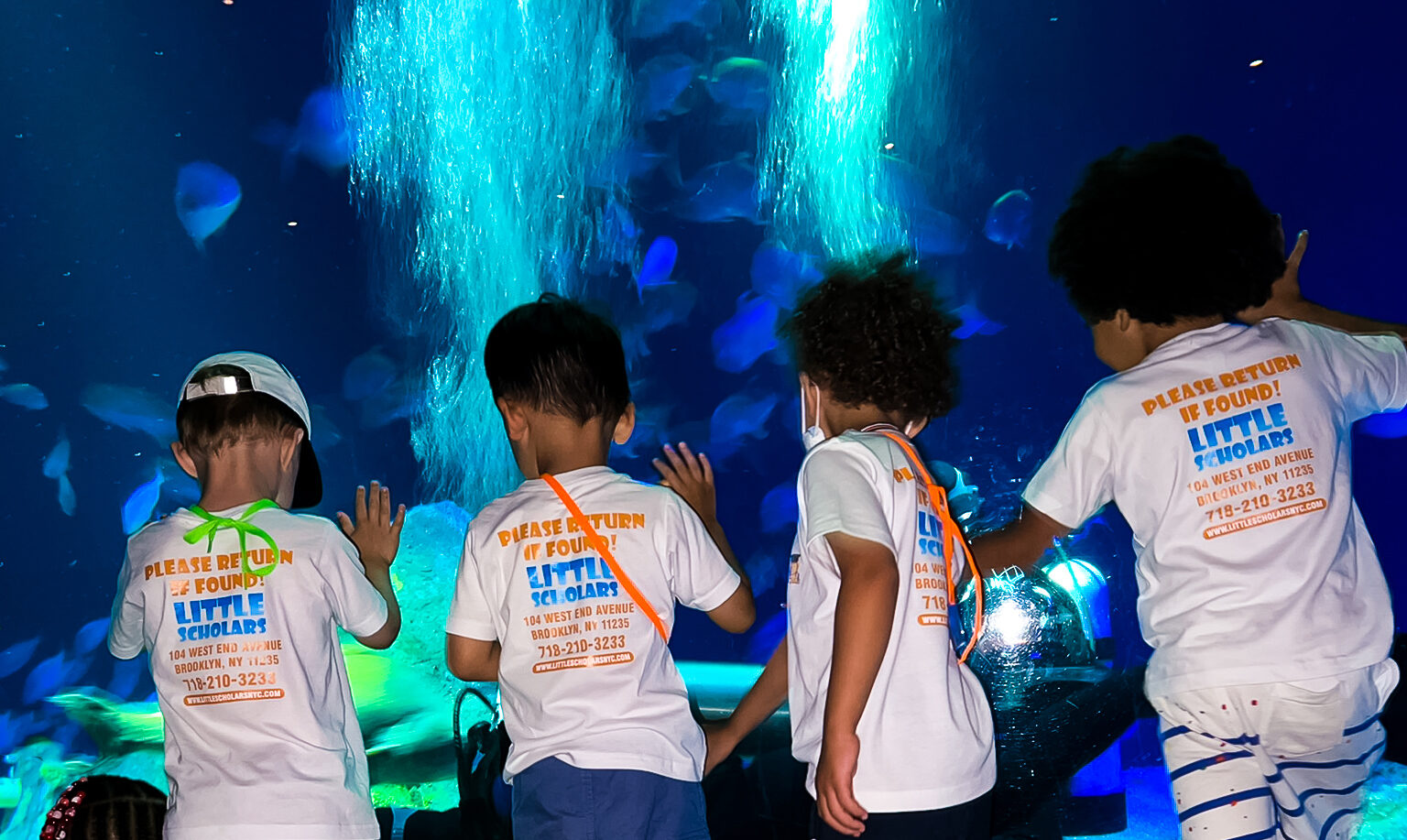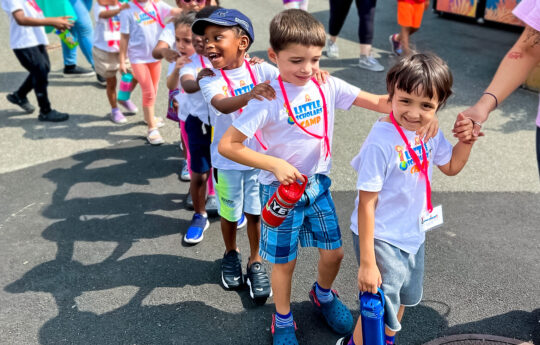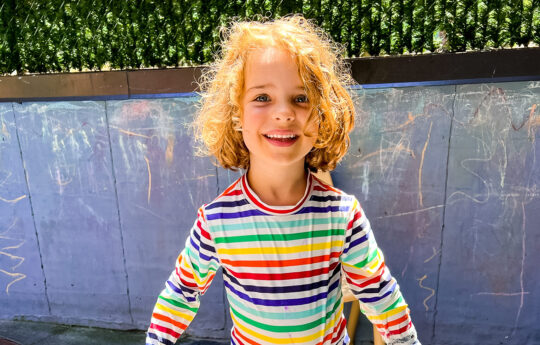
Children’s summer vacations by the water are synonymous with squeals of joy, splashing water, and ringing laughter. However, for some reason, your kid refuses to join in, preferring instead to play on land, and when you attempt to take them into the water, they start to cry or yell One of the most common phobias is fear of water. This is not a normal apprehension or simply that your baby doesn’t like to swim. This is an out-of-control situation in which a person is overcome by feelings of anxiousness and irrational anxiety in relation to water.
Fear of water in children is not uncommon. And it usually happens suddenly, at the age of 4-5 years old. It seems like the child was playing in the water a year ago when you couldn’t pull them out by the ears – and then, suddenly a child is afraid of water, a panicked fear of going even to the knee takes over them. Four years old – the heyday of children’s fears. A neurotic fear of darkness, strangers, loneliness, and, of course, water can emerge from any bad feeling or experience.
The Child Has a Fear of Water – What to Do
The most important thing is not to hurry, to act gradually, step by step. In no case do not compel the child to go into the water by force. Pour water from a watering can while the baby stands on the land. The stronger the child resists, the softer and longer your path should be. Do not focus on the problem; instead, try to create situations in which they will feel at ease. Try to create happy memories linked with resting by the water.
Maybe the child is afraid of the deep. Then, swim at a depth that the kid is comfortable with. Or perhaps the child does not swim in the sea. Then you may require a small pool to begin with.
When your baby is afraid of water, introduce them to inflatable floats. Allow them to double-check that the circle, armlets, or even a vest are keeping them safe on the water. Choose them according to the baby’s size to ensure that he or she does not fall out and is adequately covered.
Supporting panic and commotion is not a good idea. Be calm, kind, and responsive if it appears that baby afraid of water. Say that you understand their fear; it’s natural for individuals to be scared of something at times. But you’ll be there and, whatever happens, you’ll be there to help.
Dose out the amount of time in the water in small doses. At the first sign of a child’s exhaustion or anxiety, stop swimming, and switch to land activities. The sense of being “shorted” on time to spend in the water will pique their interest.
Always remember that asking for help from a psychologist is not a bad or humiliating thing to do. Some childhood phobias might be extremely powerful, leading to neuroses as an adult. Sign up for an appointment with a child psychologist if you feel you can’t deal on your own, the fear is too intense, and your experience and patience are insufficient. They will help you identify the source of the problem and provide remedies.
What Causes Childhood Fear of Water
“Why is the child afraid of water?”, “How to overcome fear of water?” – these are usually the first questions that pop up in parents’ minds.
There are a variety of reasons why kids are afraid of water. An unpleasant experience or the impact of the environment are usually the causes of phobias. The question you must ask yourself is whether your children’s fear of water is general or if they are afraid of something specific.
The most common reasons why your child is afraid of water include:
- Bad experience: has your child ever ingested water or been burnt in the bathroom by overly hot water? Or is it possible that the sound of water or a swarm of people in a busy pool scares them? Children often unconsciously identify the bad experience with water and develop a fear of it in such instances.
- Bad Memories: if a toddler watched a parent have an incident while swimming, or had nightmares that involved water, water could become an attribute of something sad or dangerous in their memories.
- Parents’ fears: if the parents are scared of water or are hesitant to allow their children to play in it, these fears might be passed on to the younger generation. You must first conquer your own fear in this circumstance.
- Fear of open water: Even kids who are used to being around water might feel anxious in natural waterways with fast-moving water flows. The circumstances in large bodies of water differ from those in a pool or bath, which might startle or even terrify a child.
- Fear of the unknown: One issue with open water is that children’s feet are often unable to reach or see the bottom. When there is nothing visible underwater, the kid may fear for his or her safety. Unpredictable surfaces with stones or algae, murky, currents, and waves may all be frightening to a baby.
Training gradually and gently, at a speed that is acceptable for your baby, and in conditions of confidence in each other can help them become acclimated to the water and teach a child not to be afraid of water. When a child is ready for the water, they must decide for themselves. Don’t put too much pressure on them. Some people require more time, while others require less. To replace bad memories, try to establish situations that allow them to have happy experiences linked with water.
When Should You Teach Your Child to Swim?
Teach the child to water till they are one year old. Of course, not in the open water, but simply in the bathroom. The time of bathing in the home bath will depend on the mood and condition of the baby. The first “swims” should not exceed 5 minutes. The average time is 10-15 minutes of such active exercises. You may submerge the baby in the water, play with them, and splash with water. Learning to dive is simpler for newborns than learning to row with their hands on the water’s surface.
Going under the water facilitates the natural reflex of holding the breath underwater, which is present in all babies from birth and lasts for around 2-3 months. Experts advise that visits to the pool begin no sooner than 3 months when the baby’s body is at its strongest. With your infant, you should surely visit a special children’s pool with a qualified instructor. It is important to see pediatrics before beginning lessons to see if they have any contraindications.
Eventually, the child will grow up believing that water is not frightening and will be more comfortable in greater bodies of water. And there wouldn’t be any worries about whether the child is afraid of water.




